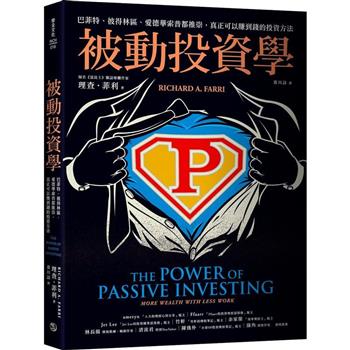Although love and sex are central to Lawrence, critics have paid surprisingly little attention to the way these two topics are treated in his work. Reasons for this are suggested in the preface to this book which is written in the spirit of Wittgenstein’s claim that, when we are puzzled or challenged by a phenomenon, we should be less concerned with seeking new knowledge than putting into order what we already know. Yet those concerned by the present dip in Lawrence’s reputation (among academics, if not the general public) have to be worried by how strange and unexpected the results are when Lawrence’s dealings with love and sex are followed throughout his life and career. This is what this book undertakes to do, describing how the tortuous developments in his relationship with Jessie Chambers are reflected in his writing, his struggle against his undoubted leanings towards homosexuality, the war he declared on the concept of romantic love and how, after insisting on the idea of male dominance, he returned (although only in part) to a more humane vision of relations between the sexes in the various versions of Lady Chatterley’s Lover. Its aim is to suggest that although Lawrence is undoubtedly a major writer, his greatest achievements are not to be found where he is popularly assumed to be at his most impressive and that the authority he assumes, in his last years, when he lectures the young on love and sex, ought to be regarded as dubious.
| FindBook |
有 1 項符合
Love and Sex in D. H. Lawrence的圖書 |
 |
Love and Sex in D. H. Lawrence 作者:Ellis 出版社:Clemson University Press 出版日期:2018-08-15 語言:英文 規格:平裝 / 224頁 / 23.37 x 15.49 x 1.27 cm / 普通級/ 初版 |
| 圖書館借閱 |
| 國家圖書館 | 全國圖書書目資訊網 | 國立公共資訊圖書館 | 電子書服務平台 | MetaCat 跨館整合查詢 |
| 臺北市立圖書館 | 新北市立圖書館 | 基隆市公共圖書館 | 桃園市立圖書館 | 新竹縣公共圖書館 |
| 苗栗縣立圖書館 | 臺中市立圖書館 | 彰化縣公共圖書館 | 南投縣文化局 | 雲林縣公共圖書館 |
| 嘉義縣圖書館 | 臺南市立圖書館 | 高雄市立圖書館 | 屏東縣公共圖書館 | 宜蘭縣公共圖書館 |
| 花蓮縣文化局 | 臺東縣文化處 |
|
|
圖書介紹 - 資料來源:博客來 評分:
圖書名稱:Love and Sex in D. H. Lawrence
|









